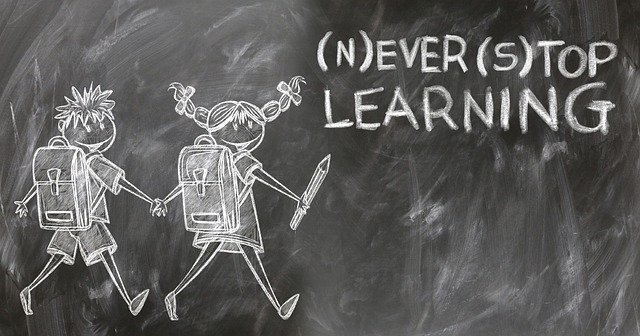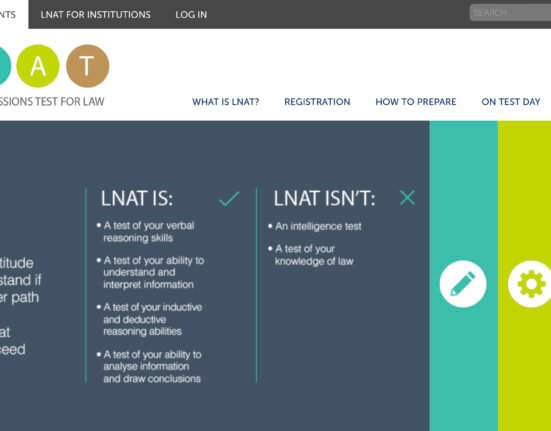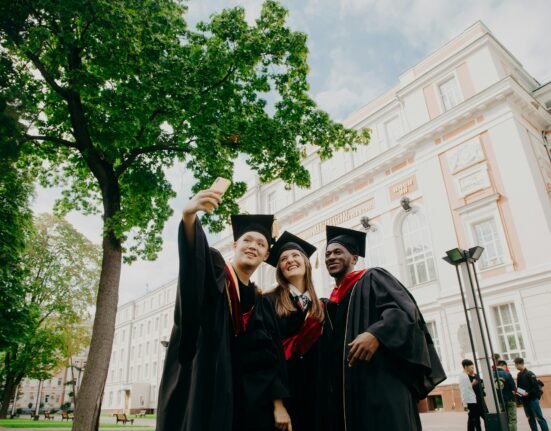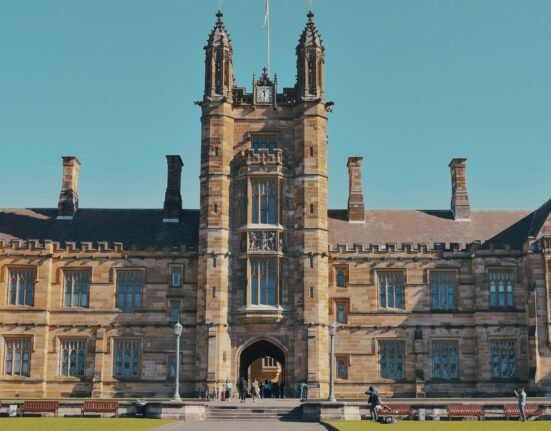I remember the first time a student asked me, “Miss, why do we have to learn this?” I was fresh out of university, armed with theory and idealism, and all I could offer in return was a textbook answer: “It’s in the syllabus.”
But the question stayed with me—far longer than the lesson did. Because deep down, I knew that wasn’t good enough and to be honest I did not choose this job to “teach” what is in the syllabus- I chose this job because knowledge fascinates me, because I wanted to create a world where everything would be a tiny bit better.
Over the years, I’ve learned (the hard way, often) that teaching is not about controlling the classroom, managing behavior, or even delivering perfect lessons. It’s about reaching hearts before minds. It’s about the why, not just the what.
This morning, I came across an image —quietly tucked away in my feed between back-to-school ads and summer holiday snapshots—put into words what so many of us feel but struggle to articulate: true pedagogy is not about control, it’s about connection.
And it really is.
Teaching, as Mark Van Doren says, is “the art of assisting discovery.” Not delivering information. Not drilling for results. Assisting. Discovery. A gentle hand extended. A curiosity uncovered.
When I think of the moments that mattered most in my teaching career, they weren’t the times when every student scored top marks or when I finished the curriculum two weeks ahead of schedule. They were the quiet, powerful moments when a student finally felt safe enough to ask a question they’d been holding in for years. Or when someone who never spoke found their voice in a class discussion. Or when a lesson on poetry turned into a conversation about life, loss, and hope. Or even when our lesson turned into a dance party or a yoga session and students felt free. These moments that I am sure that if you look from a distance you will certainly see the magic happening, the glitter in the air and the familiar sound of children laughter and warmth that fills our classroom.
We so often get caught in the rush—tick the boxes, grade the papers, cover the content. But pedagogy isn’t about grades. It’s about growth. It’s about uncovering curiosity, not covering the syllabus. That shift in thinking is subtle, but transformative.
So what does real, meaningful teaching look like?
It looks like:
• Encouraging student voice, even when it’s messy, I would actually say, especially when it is messy because it then, that it is the most sincere.
• Creating space for reflection, freedom, expression and feedback, especially when we’re tempted to move on.
• Integrating technology with intention and fun, not just because we’re told to.
• Building emotional safety alongside academic challenge—because without the former, the latter rarely sticks.
• Moving from rote tasks to learning that matters outside the classroom walls.
If I’ve learned anything this year, it’s this: the greatest lessons we teach don’t come from PowerPoint slides or exam rubrics, they do not come from anything classroom related actually . They come from who we are and how we show up. The greatest teachers aren’t the ones who prepare students best for a test—they’re the ones who prepare them for uncertainty, for empathy, for life; the ones who can teach without any materials but with open heart.
So today, as I plan next year’s lessons, I’m asking myself not, “What do I need to cover?” but “Who do I want to reach?”
Because teaching—at its heart—isn’t about delivering knowledge. It’s about lighting a path. And sometimes, the most powerful thing we can do as educators is step back, listen, and walk beside our students as they find their own way forward.
What’s your definition of meaningful pedagogy? I’d love to hear your thoughts below or connect over on Instagram. Let’s keep this conversation going—because when we rethink teaching, we rediscover its heart. ❤️
T🍓
Tatiana C. Tsironis








